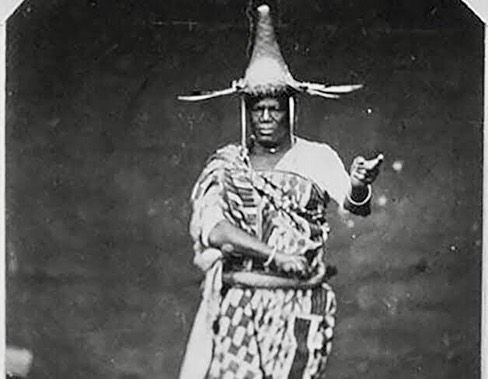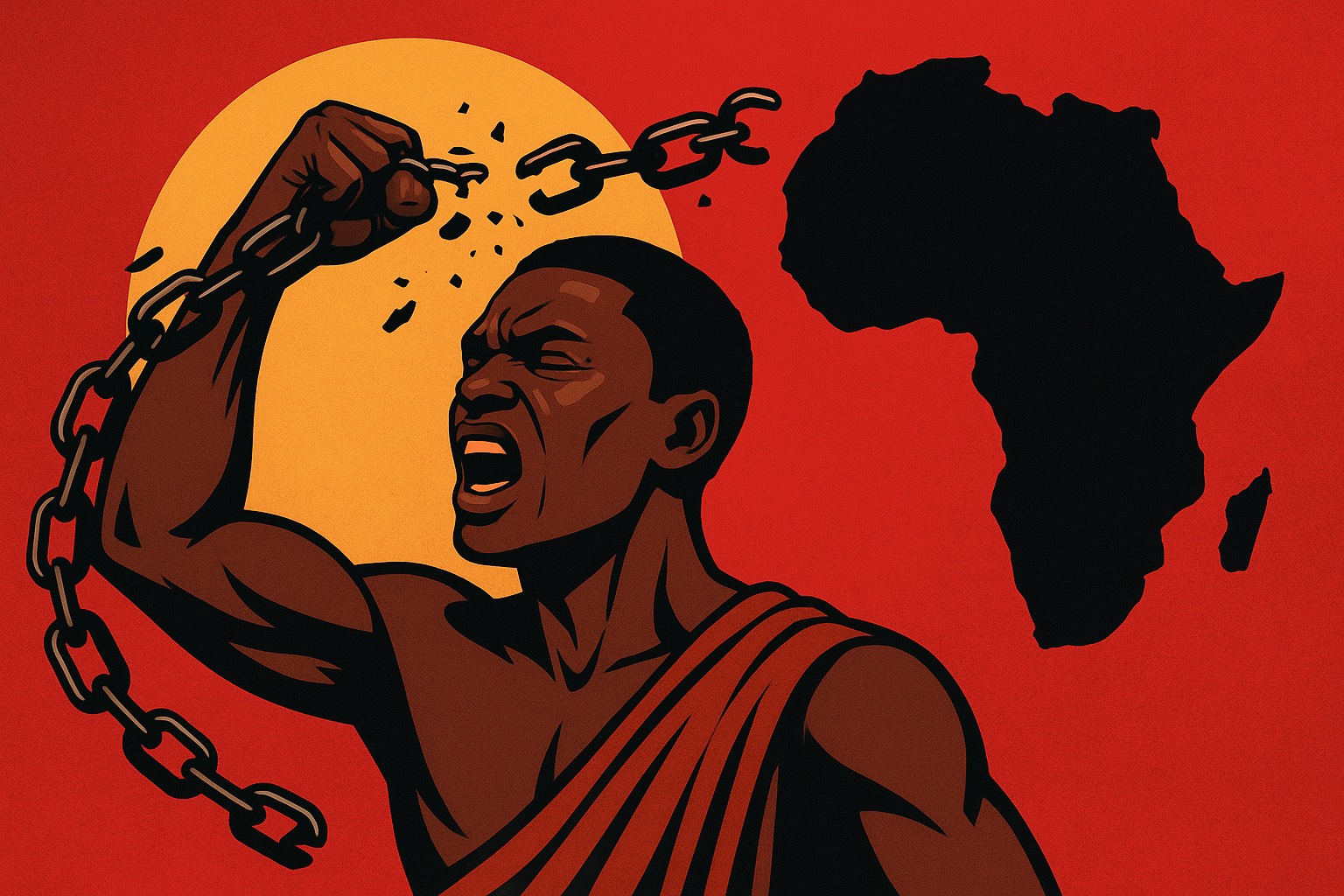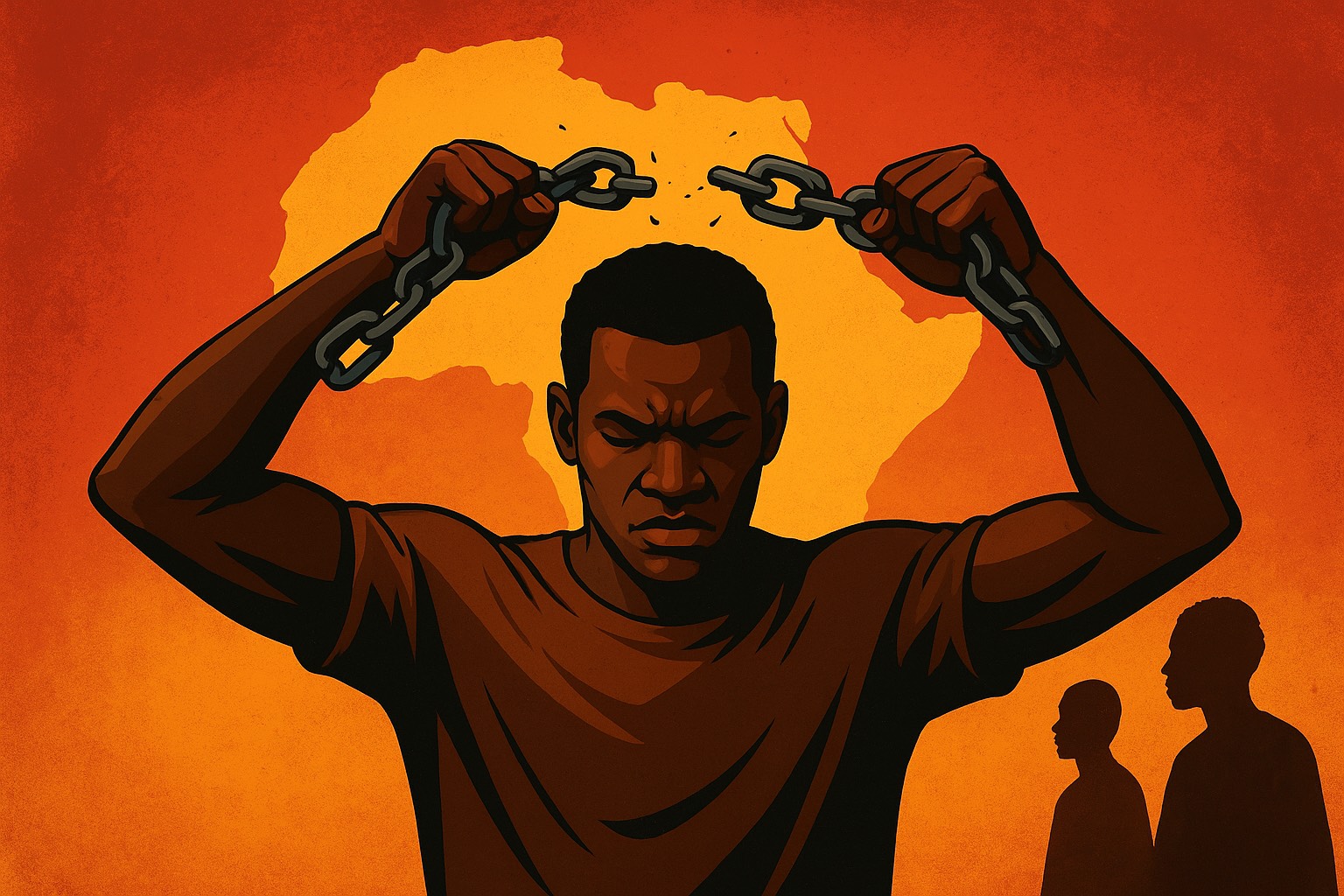Jaja of Opobo: The Warrior King Who Defied the British

Jaja of Opobo: The Warrior King Who Defied the British
Explore the legacy of Jaja of Opobo, the warrior king and skilled trader who boldly resisted British colonial control in 19th-century Nigeria.
The Rise of a Warrior King
King Jaja of Opobo, originally named Jubo Jubogha, was a remarkable figure in Nigerian history. Born in 1821 in present-day Imo State, Nigeria, he was captured as a child and sold into slavery, eventually ending up in Bonny. Despite his enslaved status, Jaja demonstrated extraordinary intelligence, business acumen, and resilience, enabling him to rise through the powerful Anna Pepple trading house ranks.
Through determination and strategic thinking, Jaja became the head of the Anna Pepple House, controlling a significant portion of Bonny’s lucrative palm oil trade. His influence grew so immense that he challenged the dominant Manilla Pepple House, leading to a fierce conflict that resulted in his departure from Bonny. In 1869, Jaja and his supporters established a new settlement—Opobo—where he declared himself the Amanyanabo (king).
The Kingdom of Opobo and Economic Power
Opobo was strategically located along the Andoni River, giving Jaja direct access to European merchants while bypassing Bonny’s trading monopoly. By 1870, he had successfully monopolized the palm oil trade, cutting out British and African middlemen and ensuring that Opobo’s wealth remained within its control.
His economic independence, however, angered both the British traders and rival Bonny chiefs, who suffered massive financial losses due to his dominance. By the time Queen Victoria officially recognized Jaja as King of Opobo in 1873, British merchants had lost over £100,000, prompting efforts to undermine his rule.
British Betrayal and Exile
Despite his international recognition and even a visit to Buckingham Palace in 1875, Jaja’s resistance to British interference made him a target. During the Berlin Conference of 1884–85, European powers formalized their scramble for Africa, with Britain claiming control over the Niger Delta region, including Opobo.
Jaja refused to recognize British authority and continued imposing taxes on British traders, which led to mounting tensions. In 1887, British Consul-General Harry Johnston deceitfully invited Jaja aboard a British warship, "The Goshawk," for peace negotiations. Once aboard, Jaja was served a deportation order and arrested. He was exiled to Accra, then to Saint Vincent, and later Barbados in the West Indies.
During his exile, Jaja pleaded with the British government for permission to return home. In 1891, his request was finally granted, but before he could reach Opobo, he mysteriously died in Tenerife, Spain. Many believe he was poisoned with a cup of tea—one final act of betrayal by the British.
The Fall of Opobo and Jaja’s Legacy
Jaja’s exile marked the beginning of Opobo’s decline. Without his strong leadership, the kingdom could not resist British expansion, and in 1903, the British fully established control over the region. Despite this, Jaja’s story remains one of resilience, intelligence, and defiance against colonial oppression.
His name is immortalized in Nigerian history as a symbol of African resistance to European imperialism. The King Jaja of Opobo Memorial stands in Opobo town as a tribute to his legacy. His story continues to inspire generations, serving as a reminder of the struggle for self-determination and the fight against exploitation.
Conclusion
Jaja of Opobo was more than a king; he was a visionary leader who built an empire from the ground up, defied colonial powers, and fought for his people’s economic independence. His story is a testament to the resilience and ingenuity of African leaders who resisted imperial domination. Today, he is celebrated as one of Nigeria’s greatest historical figures—a warrior king who stood tall in the face of oppression.


